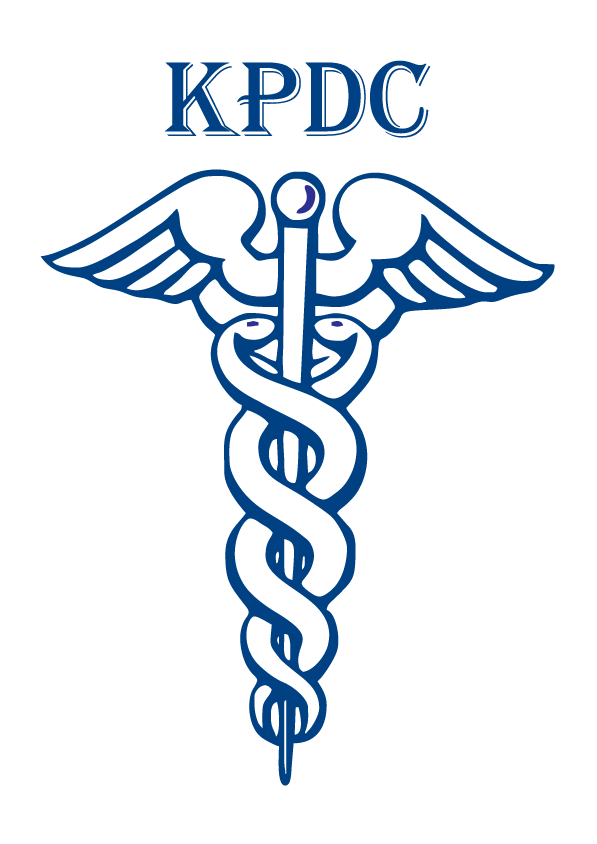Therapeutic techniques like cognitive-behavioral therapy and motivational interviewing are employed to help clients gain insights into their addiction, identify triggers, and develop healthier coping strategies. Education about addiction and its consequences is a key component, enabling clients to make informed decisions about their recovery. Ultimately, addiction counseling serves as a vital support system, empowering individuals to break free from the cycle of addiction and embark on a path towards lasting sobriety and well-being.
Kaivalya Neuro-Psychiatry and Diabetes Clinic
+91-9266511325, +91-8709570126, +91-7764842043

